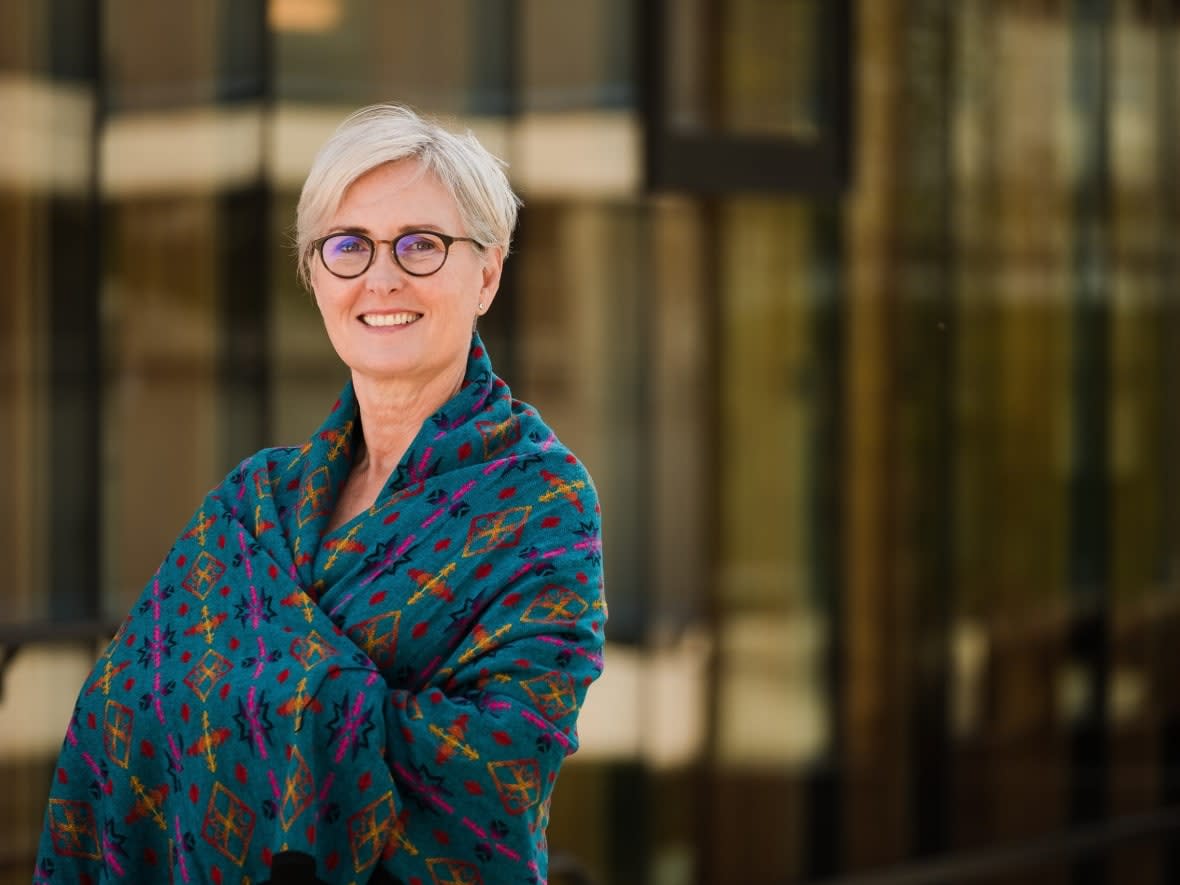Mary Ellen Turpel-Lafond no longer employed by UBC

High-profile professor and former judge Mary Ellen Turpel-Lafond is no longer employed at the University of British Columbia (UBC), according to an official with the institution.
The university says that as of Dec.16, Turpel-Lafond is no longer a professor in the Peter A. Allard School of Law.
When asked why, a spokesperson said, "I'm afraid I cannot provide those details due to privacy law."
While Turpel-Lafond did not reply to CBC's request for comment, she did provide a statement to Black Press Media in which she said "she decided to retire based on her 'age and stage of life'"
"I look forward to focusing on my health, family and spiritual journey. For me, this takes priority over any job, title, accolade or achievement," she told the media outlet.
Last fall, Turpel-Lafond was the subject of a CBC investigation into her claims of Indigenous ancestry. For decades she had said she was a treaty Indian of Cree ancestry, but CBC found no evidence of that. All documentation indicated she was of European descent.
CBC also reported that she had made inaccurate public claims about her academic accomplishments.
From 2018 until mid-2022, Turpel Lafond served as the director of UBC's Indian Residential School History and Dialogue Centre (IRSHDC). She left that role in June but remained a professor in UBC's school of law.
In a statement issued to the Globe and Mail on Oct. 12, the day CBC's story broke, UBC offered public support for Turpel-Lafond, praising her work as the director of the IRSHDC, acknowledging her "deep connections with Indigenous peoples across Canada."
The university added that she was not hired because of her Indigenous ancestry claims.
"Indigenous identity was not a criterion," a spokesperson said. "[Turpel-Lafond's] identity is her own and the university is not going to comment on it."
In the wake of the story, a group called the Indigenous Women's Collective issued a statement, saying "we are deeply troubled that First Nations professionals, politicians and university leaders have been too swift to publicly defend an individual claiming to hold Treaty Indian status and Indigeneity, when in fact there is no verifiable evidence to support that claim."
The group called on 11 Canadian universities to revoke the honorary doctorates they had given her. All of those institutions say they are taking the request seriously and are examining the matter.


